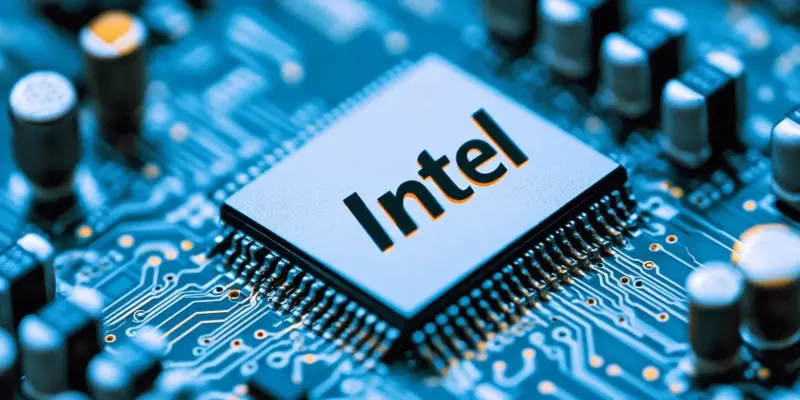Intel is facing significant challenges in its ambitious goal to achieve mass production of its 18A semiconductor processes by the latter half of 2025. The company is grappling with yield rates that currently hover between 20% and 30%, which imposes a substantial barrier to large-scale production. This is particularly concerning as it contrasts with prior optimistic projections and the considerable support received from the U.S. government. With only a few years left before the targeted timeline, Intel’s plans are now mired in uncertainty, leading to questions about the viability and future success of the 18A process.
Verification of Panther Lake SoCs
Intel’s Panther Lake SoCs, which are built on the 18A process, are still under verification by mainstream partners. This phase is crucial, as these products need to meet stringent standards before moving towards mass production. The current yield rates, although notably better than the 10% achieved several months ago, are still far from satisfactory benchmarks. This places Intel in a challenging position, casting doubt over its capability to adhere to its projected timeline. This verification process is essential for Intel, as failing to move beyond verifying products could severely hinder their re-entry into the competitive semiconductor market.
Given the gravity of this issue, the verification phase is drawing close scrutiny within the industry. Analysts and experts query whether Intel can scale these initial improvements in yield rates to meet the demands of large-scale production. The yield rate needs a breakthrough to escalate from the current 20%-30% range to commercially viable levels. This is critical as the Panther Lake SoCs play an integral role in Intel’s strategy to regain a formidable position in the global semiconductor industry.
Ambiguity Around Intel’s Commitment
Intel’s preliminary batch of Panther Lake SoCs has not met expectations, prompting speculation about the company’s commitment to the 18A process. Some industry insiders question whether Intel is genuinely dedicated to overcoming the hurdles or if the company is merely engaging in a public relations exercise to maintain its market appearance. Official statements from Intel indicate a target for tape-out by the first half of 2025, with mass production slated for the latter half of the year. However, given the current yield challenges, this ambitious timeline seems increasingly tenuous.
This situation places a spotlight on Intel’s potential to innovate and adapt in a rapidly evolving industry. The ability to resolve these yield issues will determine not just the success of the 18A process but also Intel’s longer-term prospects in the competitive semiconductor sector. The company’s leadership and decisions in the coming months will be scrutinized closely, as they hold the key to Intel’s endeavor of re-establishing itself as a leader in semiconductor technology.
Future Considerations for Intel’s Foundry
Intel is encountering major hurdles in its ambitious endeavor to achieve mass production of its 18A semiconductor processes by late 2025. Currently, the company is struggling with yield rates stuck at 20% to 30%, creating a significant roadblock to large-scale manufacturing. This predicament is troublesome especially when considering Intel’s earlier optimistic projections and the notable backing it has received from the U.S. government. With the deadline just a few years away, Intel’s plans are now coated in uncertainty, sparking doubts about the feasibility and future success of the 18A semiconductor process. Despite this, the company remains committed to overcoming these challenges, but reaching the set goals within the desired timeframe seems increasingly uncertain. The heavy reliance on advancements in yield improvement leaves Intel with little room for error, and it remains to be seen if the necessary technological breakthroughs can be achieved to meet its ambitious timeline.

